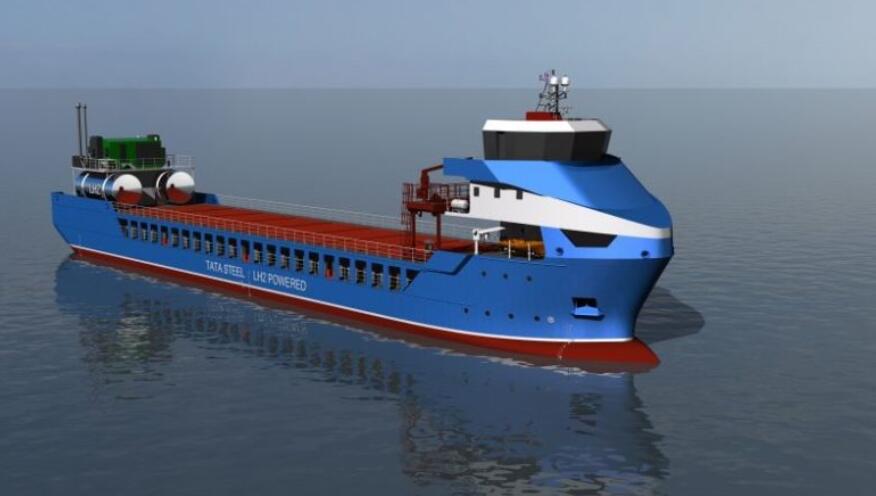

India’s first indigenously built hydrogen-fuelled electric vessel is planned to be delivered by March/April 2023, Asian News International (ANI) reported, citing Madhu S Nair, Chairman and Managing Director of Cochin Shipyard Limited (CSL).

Back in April this year, the country’s Ministry of Ports, Shipping and Waterways announced the innovative project, kick-starting India’s efforts towards green shipping.
The ship in question will be a hydrogen-powered fuel cell passenger ferry.
To carry out the project, Cochin Shipyard Limited — the largest shipbuilding and maintenance facility in the country — has teamed up with Indian partners such as Pune-based KPIT Technologies Limited and developers in the area of hydrogen fuel cells, power train and the Indian Register of Shipping (IRClass) for developing rules and regulations for such vessels.
“The construction of India’s first indigenous hydrogen-fuelled electric vessel is a pilot project. We have completed the engineering and the construction will also start very soon as we are going to order the equipment required,” according to Nair.
Fuel cells operating on hydrogen fuel are an efficient, environmentally friendly, zero-emission, direct current (DC) power source already applied to heavy-duty buses, trucks, and trains, and are now under development for marine applications.
The development of hydrogen-fuelled electric vessels is considered a launch pad for the country to tap the vast opportunities lying in the coastal & inland vessel segment both nationally and internationally.
This project supports the South Asian nation’s ambitious target of becoming carbon neutral by 2070 and is said to be in line with the standards set by the UN maritime agency International Maritime Organization (IMO) that envisages a reduction in the carbon intensity of international shipping by at least 40% by 2030 and progressively to 70% by 2050.